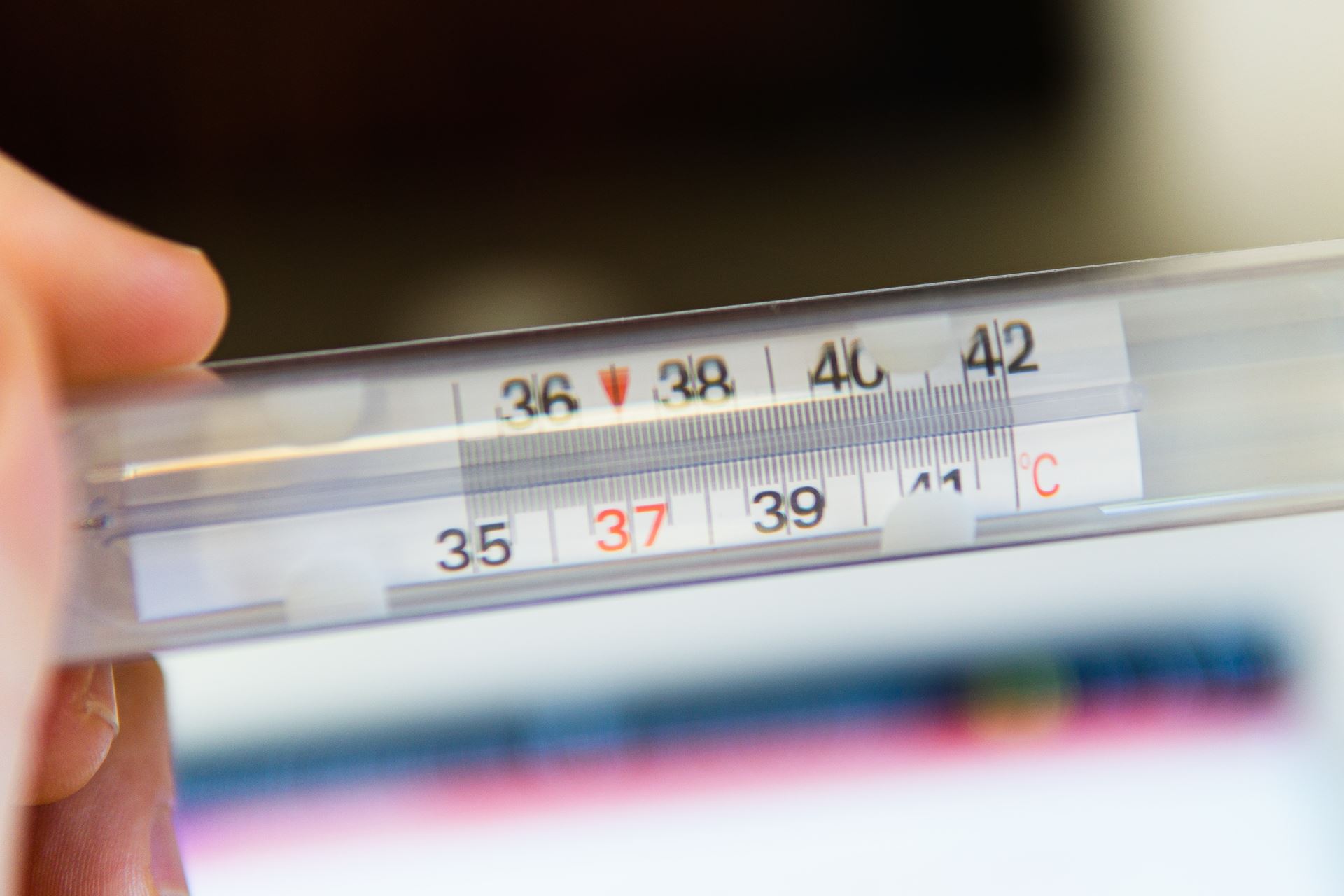Toddlers to Teens - Minor illness
Minor illness
Minor illnesses
Pharmacies can give treatment advice about a range of common conditions and minor injuries, such as:
- aches and pains
- sore throat
- coughs
- colds
- flu
- earache
- cystitis
- skin rashes
- teething
- red eye
If you want to buy an over-the-counter medicine, the pharmacist and their team can help you choose although we have a small stock in-house
Antibiotics will not be available over the counter to treat minor conditions.
Self Treatment
Treatment of Minor illnesses
Many common complaints can be simply and successfully treated at home without the need to consult a doctor.
Minor Burns
Immediately submerge in cold water until the pain subsides. This can take 10—15 mins but is invaluable in diminishing the damage done.
Unbroken blisters should be left alone or protected if necessary by a loose, dry dressing.
Large burns or those in which the skin is broken should be seen by the doctor or nurse. It can be helpful to cover the wound with cling film until medical help is available. This protects the wound, prevents infection and it won’t stick.
Sprains
A cold compression (e.g. crushed ice or frozen peas) is invaluable if applied as soon as possible for 15—30 mins Apply a firm crepe bandage and rest the sprain in an elevated position. Sprains may take several weeks to heal so try not to provoke them during this period. Simple painkillers such as paracetamol or Ibuprofen (nurofen) purchased from the chemist is usually all that is required.
Nose Bleeds
Try to keep your cool in this alarming situation. Sit in a chair, lean forward with your mouth open. Firm pressure applied with fingers and thumb below the bone must be maintained without letting go for ten minutes. Be very gentle afterwards and do not blow your nose, dab or pick it! Vaseline can soften clots in a few days time as they harden.
Minor Cuts and Grazes
Clean the wound thoroughly with soap and water. Firm pressure for five minutes will stop most bleeding. A clean, dry dressing can then be applied.
Diarrhoea and Vomiting
Adults:
Vomiting— Take nothing by mouth for 12 hours then try small, frequent sips of water every 15—20 minutes, progressing to a light diet for the next day or two. Most cases settle within 24—48 hours. If not, contact the doctor.
Diarrhoea — Usually caused by a virus. Your body is doing its best to eliminate the virus so do not take diarrhoea remedies as they may actually prolong the illness. A fluid or very light diet should be taken avoiding any meat based greasy foods or citrus fruits.
Children and Babies
If your child is experiencing the above do not hesitate to contact your health visitor or doctor for advice. If breast fed, continue to feed as usual. If bottle fed replace with hydration fluids (dioralyte) for 24 hours. Then give half strength formula (by using half the amount of powder for the same amount of water) for another 24 hours. For babies under 6 months see the doctor if diarrhoea occurs in more than 2 nappies a day, in older infants and children see the doctor if symptoms do not improve after 24 hours.
Fever in young children
It is usual for children to have high temperatures with minor illnesses. It may be that this is natures way of doing some harm to the virus. You can try to cool the child down by:
Dressing lightly, reducing blankets on cots / beds.
Maintaining a high fluid intake
Give paracetamol elixir (calpol) or nurofen
If the child is also coughing, ban smokers from the house.
Sponging with tepid water may only have a minor effect and can be unpleasant for the child.
Indigestion and Constipation
Indigestion is best treated with some antacid tablets or mixture For constipation the Chemist can supply a simple laxative treatment although it is a good idea to eat plenty of fibre rich foods and to drink around 2 litres of water per day.
Page created: 29 November 2023

